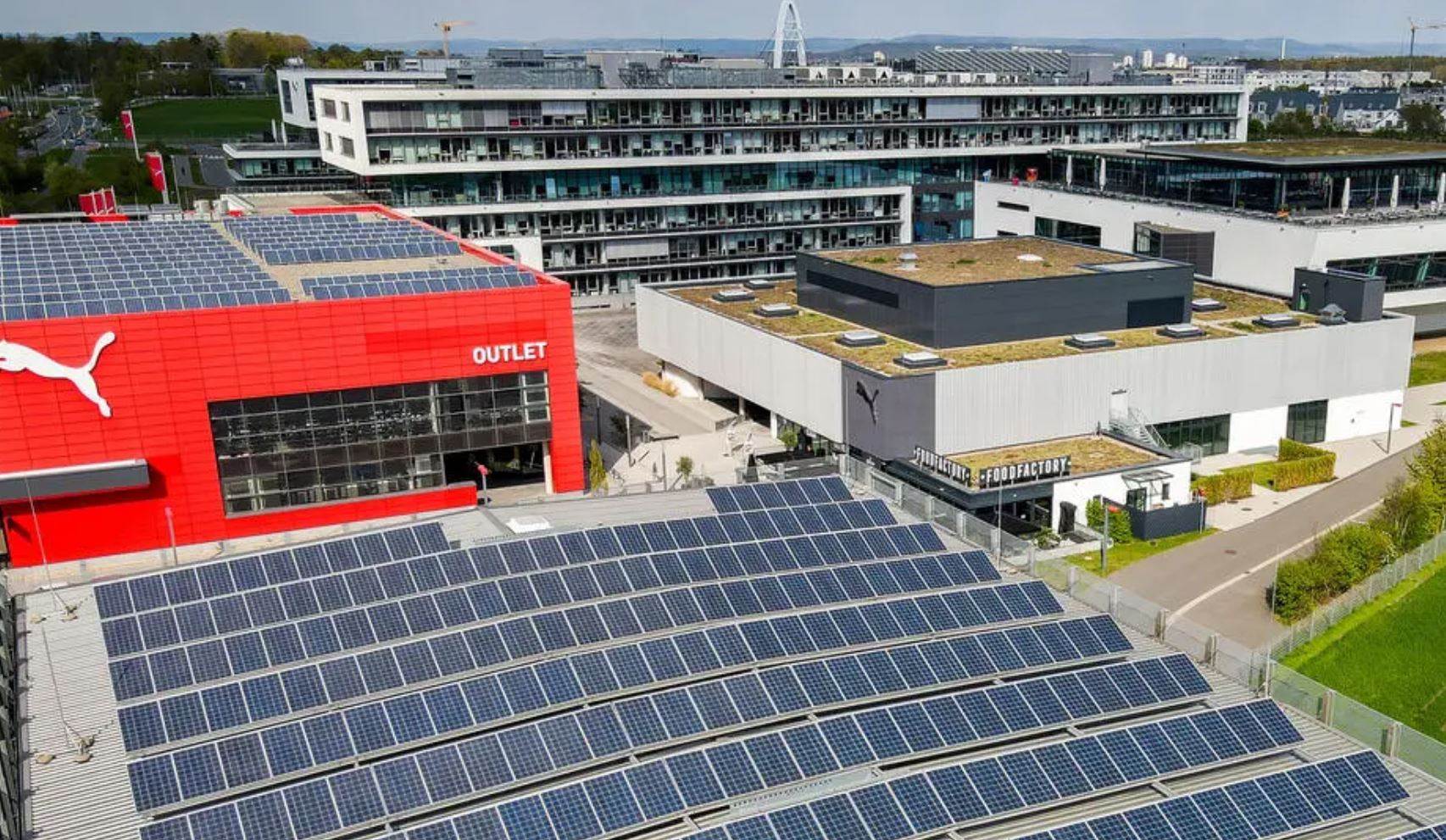Puma suppliers’ energy conversion key to reaching goals
20/03/2024

This was made possible by its core suppliers doubling their use of renewable energy, increasing the use of less carbon intensive materials in its products, the introduction of low carbon shipment tariffs by logistics partner Maersk, by using renewable electricity or purchasing renewable energy certificates at its own operations and by investing in electric vehicles in its car fleet.
Compared with the 2017 baseline, this means an absolute greenhouse gas emission reduction of 29%.
By 2030, Puma aims to reduce its absolute Scope 1 and 2 GHG emissions by 90% from a 2017 baseline year. It also commits to reduce absolute Scope 3 GHG emissions from its supply chain and logistics by 33% compared with 2017.
The German company met its Plastics and the Oceans target by eliminating plastic carrier bags from its owned and operated stores and through researching biodegradable plastic options. An important part of this target was its successful Re:Suede experiment, it noted, where it turned an experimental version of its classic Suede sneaker into compost under controlled industrial conditions. A commercial version will be launched in April.







